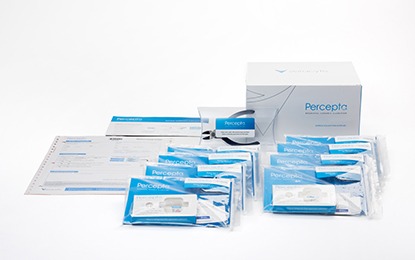
Veracyte said that the researchers, who had inconclusive results following bronchoscopy, a common nonsurgical procedure to diagnose lung cancer, have validated the Percepta GSC on 412 patients with lung nodules.
The Percepta GSC has demonstrated high accuracy among patients with an intermediate pre-test risk of cancer the group that accounts for the majority of lung nodules.
The test had a negative predictive value of 91% when it down-classified patients to low risk for cancer, while showed a positive predictive value (PPV) of 65% when it up-classified patients to high risk for cancer.
Veracyte said that the American College of Chest Physicians recommend patients with a cancer risk of 65% or greater to undergo surgical treatment. The new findings will be shared at a company event being held during the American Thoracic Society 2019 International Conference (ATS 2019) in Dallas.
Veracyte chief scientific and medical officer Giulia C. Kennedy said: “Determining whether lung nodules are benign or cancerous is often difficult, which can lead to unnecessary invasive procedures and treatment delays.
“With its ability to both down-classify and up-classify patients with inconclusive lung nodules, the Percepta GSC should help physicians avoid invasive biopsies in patients who are at low risk of lung cancer, while helping to guide intervention steps for those at high risk.”
Veracyte’s Percepta GSC makes use of injury science to identify the genomic changes associated with lung cancer in current or former smokers using a simple brushing of the person’s airway.
The test also marks the company’s third clinical classifier to be developed based on its innovative RNA whole-transcriptome sequencing and machine learning platform.
Veracyte chairman and chief executive officer Bonnie Anderson said: “We are excited to unveil our Percepta GSC, which we believe will improve diagnosis and treatment decisions for patients undergoing evaluation for lung cancer.
“Additionally, we believe that moving the Percepta classifier to our RNA whole-transcriptome sequencing platform – together with our Afirma and Envisia classifiers – will provide operational efficiencies and a robust foundation for continued innovation. This includes our development of the first nasal swab test for early lung cancer detection.”






